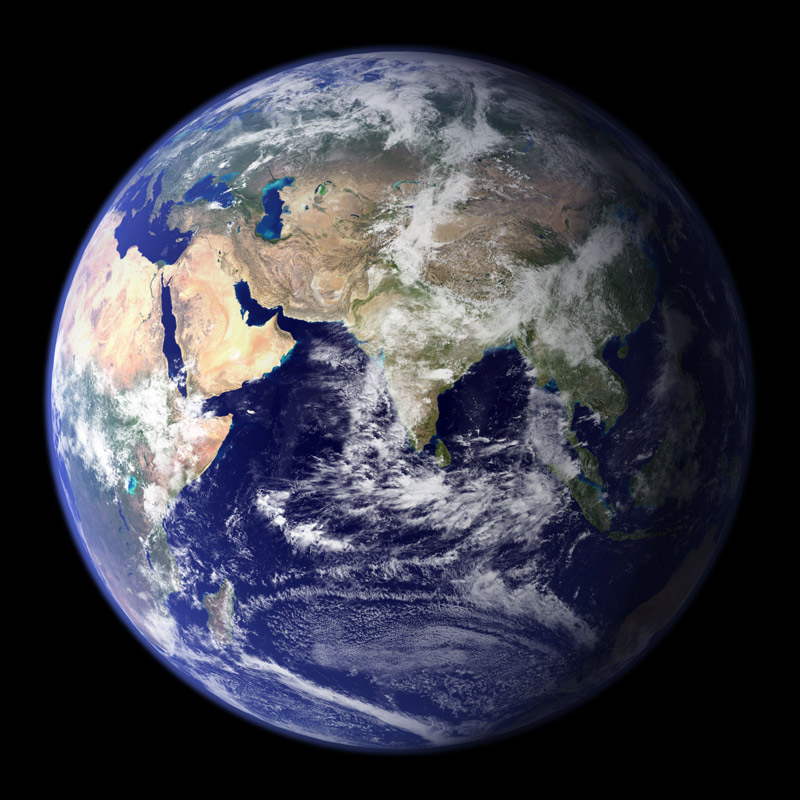12 years till doomsday
How humans treat Earth for the next 12 years will either make or break the future of mankind
November 12, 2018
According to an article done by Business Insider, the UN we have “12 years to curb climate change.” More than 6,000 scientific references from 40 countries proves global warming is real, its happening, its destroying our future, and we are to blame.
Not only has global warming been proven but the State Department has refused to disclose information regarding climate change. According to The Hill, every year the US government would send out
progress reports to see if the country was meeting requirements that would help reach the goal of reducing the county’s “emissions by at least 26 percent below 2005 levels by 2025.”
The US government’s lack of response on January 1, the date which the information was to be released, has raised many concerns for people such as New York City Mayor Mike Bloomberg who says “you can’t manage what you don’t measure.”
The truth is, we are killing the Earth, but hope may not be lost. Recently the UN has made a statement saying that the holes in the ozone layer are healing. Within the next 30 years, if countries keep admissions low, the ozone layer will be completely healed, resulting in “2 million cases of skin cancer avoided annually by 2030.”
Although this is just in time for the 12 years till doomsday deadline, there are still problems that need to be addressed. The ozone holes in Antarctica aren’t expected to disappear until the 2060’s, drastically missing the 12 year deadline.
To top it all off the next generation may only see coral reefs through pictures. As temperatures continue to rise, the amount of coral reefs in the world will continue to fall, some as soon as the 2040’s.
With great problems usually comes great solutions but the reality is, its not that hard to change the inevitable. You can literally save the world by changing changing the smallest things in
your everyday life such as: conserving water by incorporating a gray water system in your household, shopping with reusable bags, recycle, and watching what you put into the water after all “Earth is a system. Everything we do on this planet affects many other parts of the Earth that most of us never even think about […] if we don’t alter our sense or responsibility to the health of the Earth, the change in the climate and ultimately the change in life on Earth as we know it will just continue to amplify” says Oceanography and Geosystems teacher, Kate Hoefer.



